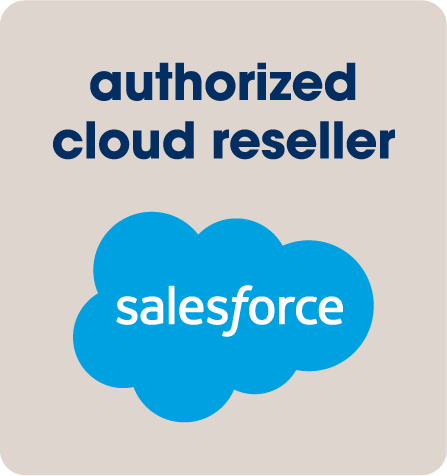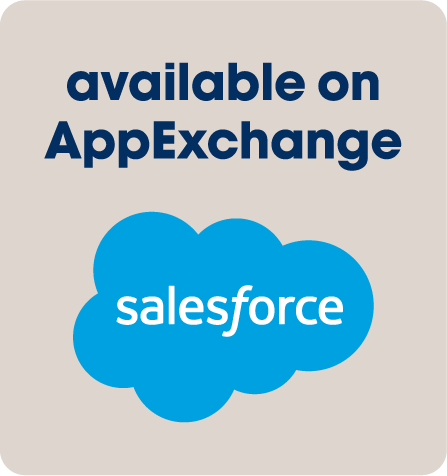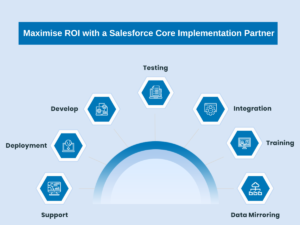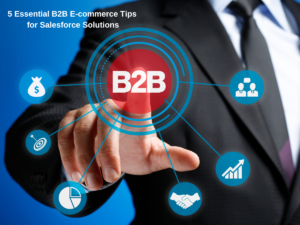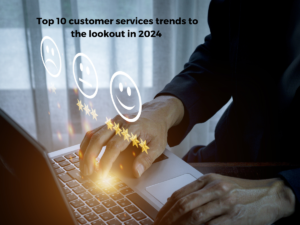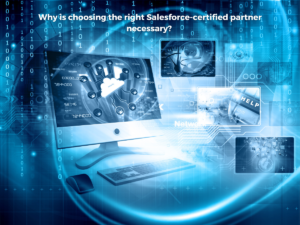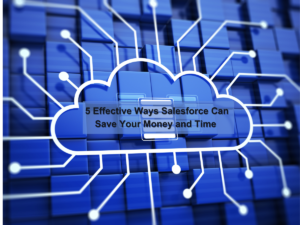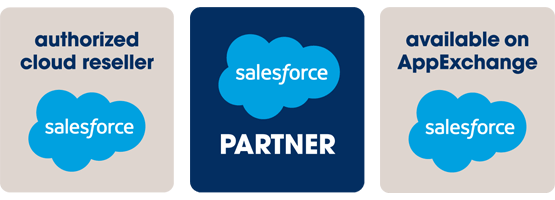Customer relationship management, or CRM management software, is a software program that enables business owners to conveniently keep track of all correspondence and develop connections with their prospects and customers. The several spreadsheets, databases, and applications that many organizations slap together to maintain customer information are replaced by a CRM. The end effect was improved time management, organization, and client satisfaction.
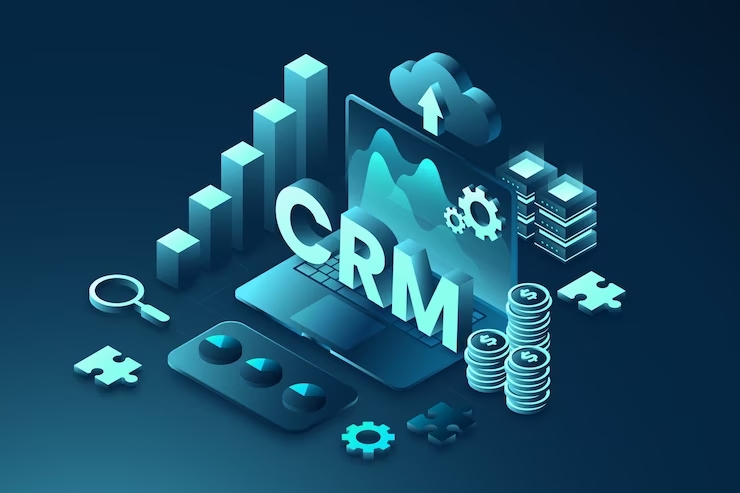
CRMs/CRM management software, or client management platforms, link all of your sales leads’ and customers’ data in one location. A CRM compiles all correspondence—including form submissions, phone conversations, emails, texts, and meetings—as well as any paperwork, estimates, purchases, and activities related to each lead and client. To clinch a transaction or provide exceptional service, your whole team may have access to those facts at the appropriate time.
What Performs the CRM System?
The primary purpose of any customer information system, including CRM management software, is contact management. A CRM’s main function is to organize and maintain all data for all types of contacts, from leads to business partners.
The real kicker is here!
It requires strategy and integration to determine which CRM management software is the best fit for your company and how to make it work for your team. This is the key ingredient, the one that truly makes a difference to your bottom line. And CRMs just don’t function properly without it. The worst-case scenario includes missed leads, lost sales, and widespread uncertainty for both staff and consumers. If you are tracking simply static information, such as name, email address, phone number, company name, website, etc., or if you have less than 100 contacts, a spreadsheet is fantastic. When it comes to recording more complicated, dynamic data like which emails a contact has opened, which pages they’ve viewed on your website, or the date of their most recent purchase, a spreadsheet falls short of a CRM. As prospects and customers take action, your CRM automatically updates, but a spreadsheet loses its freshness the moment you stop manually adding to it.
What Can’t CRM Do for You?
Every sales-driven firm that prioritizes customer care may gain a lot from CRM. Moreover, it may have a tremendously favorable effect on performance inside, both personally and organizationally. Although CRM naturally has the capacity to increase revenue and provide insights, there are some things that CRM can’t achieve on its own.
CRM initiatives frequently fail because businesses believe that simply putting the software in place would bring about the desired results. That doesn’t function like that. CRM’s capacity to automate operations can never fully substitute for laborers’ efforts. CRM is a tool, and a very essential one, but its intended effects will not materialize if the entire business does not actively adopt it. Some CRM applications are simply used for data management. To help entrepreneurs manage their whole business more effectively, an all-in-one CRM system like Salesforce also provides crucial functions like landing pages, quotations, and invoicing.
BENEFITS:
1. Reliable Businesses need reporting data, which may be found from a variety of sources, including social media, Google Analytics, company software, applications, and CRM technologies. Yet unless it is sorted, cleaned, examined, and made usably, it is useless. All sizes of businesses utilize social media and depend on the statistics they provide. Many company owners use Google Analytics, at least in part, to track the visitors to their websites. You can’t, however, rely solely on these tools.
With all of your data and KPIs, including those from other sources, a CRM system enables you to go deeper. You may utilize your CRM platform to compile, tabulate, and organize that clean data if your business is committed to doing so.
2. Dashboards with Data Visualization
While using a spreadsheet to operate your business, you must manually enter or import the data, determine what information is crucial, and then produce a graphical display of this information. Much of this is handled for you by CRM. By investing in the platform, you may profit from the dashboard, another feature of CRM. For each employee in your organization who has login information for your CRM platform, you may build up a dashboard. A director of marketing, for instance, would be most interested in email marketing stats, particularly the campaign-specific click-through rates. They may create a dashboard that shows instantly how many recipients, how many people opened, and what the click-through rate was for a certain email.
3. Automation for More Personalized Outreach
You may develop more pertinent, individualized messages and outreach in both your human efforts and your automated campaigns since you are continuously gathering data about and insights into your audience, market, and industry. The benefit of dynamic content and automated messaging is as follows: Those that have a crucial commonality, such as an interest in a niche product, might be included in several drip programs.
Several CRMs include this feature, which enables you to create a series of automatic emails that speak directly to that audience and are sparked by particular events. You may utilize drip marketing at every stage of the sales process.
4. Boost Efficiency Using Automation to Provide Proactive Support
The ability of CRM software to automate processes allows your company to boost productivity. By utilizing the power of our platform, every team receives automation, insight, and real-time data that will increase productivity, hasten collaboration, and let teams concentrate on their most valuable tasks.
5. The Need for Automation for Efficiency
Users of CRM software benefit from automation, which is seen throughout the organization. Here are three instances:
- With drip campaigns, you can shorten the time it takes to email and nurture prospects.
- Grading leads based on the criteria you choose for customers or using built-in AI, so your teams can more effectively prioritize which marketing-qualified leads, or MQL, may become sales-qualified leads, or SQL.
- c.) Using chatbots and other automated messaging to answer basic client queries like order status.
Marketing may devote more time to developing campaigns that connect with their audience, data analysis, and strategy testing based on analytics. The proper product or service may be sold to clients with the help of sales. Customer care representatives may devote all of their time to assisting clients with more complicated demands.
How Can CRM Simplify Sales and Marketing?
Without creating massive teams or going overboard with advertising, CRM software boosts your sales and marketing. You can build a sales and marketing engine that elevates sales to a new level by integrating your CRM with sales and marketing automation (like salesforce)
Sales CRM software improves visibility, priority, and follow-up, streamlining the whole sales process.
Increased Exposure
A CRM gives your sales staff the visibility they require to work at their best. If the account owner changes, having all lead and customer data in one location makes it simple for coworkers to switch over because everything about a person or business is recorded and available.
Clarity of objectives
A CRM’s lead scoring feature, which determines a lead’s interest in your product or service, aids the sales team in prioritizing their outreach efforts. The tasks assigned to the sales team’s leads are prioritized according to their lead scores. Customer outreach may also be given priority in your CRM. Records with upcoming contract renewal dates and clients who might be considering a new product can be tagged for follow-up by the sales team.
Better Follow-Up
A CRM enables amazing follow-up (and more sales). You may stop managing sticky notes on your desk or copying and pasting the identical email to every new lead by automated follow-up with prospects and clients.
Marketing
CRM in marketing frequently changes the game since it provides strong insights, options for personalization, and opportunities for testing that eventually enhance sales.
Insights
For instance, a company can determine what traits are shared by its ideal clients who have the highest lifetime value. This makes it possible for you to spend your advertising money more effectively and avoid having it go to leads who are probably not interested in your goods or services.
Segmentation/Personalization
CRM makes it possible to send the appropriate message to the appropriate person at the appropriate time. You may send emails and SMS messages based on a customer’s recent activities when your CRM is integrated with a sales and marketing automation platform. Let’s imagine a leader who hasn’t interacted with you in a while just clicked a link in an email you sent them alerting them to a special offer. You might wish to mark the lead as “re-engaged,” send them a follow-up email with an engaging customer narrative, and assign a sales representative the duty of calling them.
Evaluation of Improvement
The secret to enhancing your marketing is testing. A powerful marketing CRM enables you to test just about anything you can think of, including various promotions, SMS messages, advertisements, frequency of calls to leads, etc. Data from testing shows which choice is most successful in generating the highest level of profitability, rather than relying just on intuition.
Best 5 CRMS:
- Salesforce: Companies may use data to manage their interactions with clients and prospects using Salesforce CRM management software. Information about clients and prospects, including contact and account details, sales possibilities, service situations, and marketing initiatives, may be kept track of and analyzed in one single spot. Organizations that have their data in one single location have a full picture of their clients and prospects that can be shared and analyzed in real time by teams throughout the business.
- Aptivo: So many useful tools in one place! More modules are available for different business functions, and there is extensive customization potential, yet it is still user-friendly and reasonably priced. Excellent soup-to-nuts answers all in one.
- Nimble is well-known for collaborating with users of Office 365 and Google Workspace. also interacts with programs like GetResponse, Xero, and MailChimp. Not for big-scale email and marketing solutions, but very good at handling more intimate client contacts.
- Hubspot offers start-up businesses free versions that are both dependable and flexible. The fact that they are a certified Google partner, has an amazing track record, and offer a cloud-based interface are all advantages.
- 5. Streak – If you’re a millennial with contemporary preferences, this CRM management software could be right for you. With stylish user interfaces and exceptional customization, these solutions are trendy and entertaining and remove the boredom from statistics and data. renowned for straight Gmail integration.
Get Ready to Succeed
There are a few more requirements that must be met for CRM success in addition to having a realistic understanding of what CRM performs and what your teams must accomplish.
CRM management software comes with features and data formats that may and ought to be altered to fit your company’s operations. Lack of customization in an out-of-the-box approach will probably result in desertion because it doesn’t satisfy your needs. Be sure the strategic consulting partner you choose is knowledgeable about the relationship between business and technology and has the means to provide a CRM solution that is “just right” for your company. Techabled, a salesforce consultant will guide you towards the best direction for your business.

